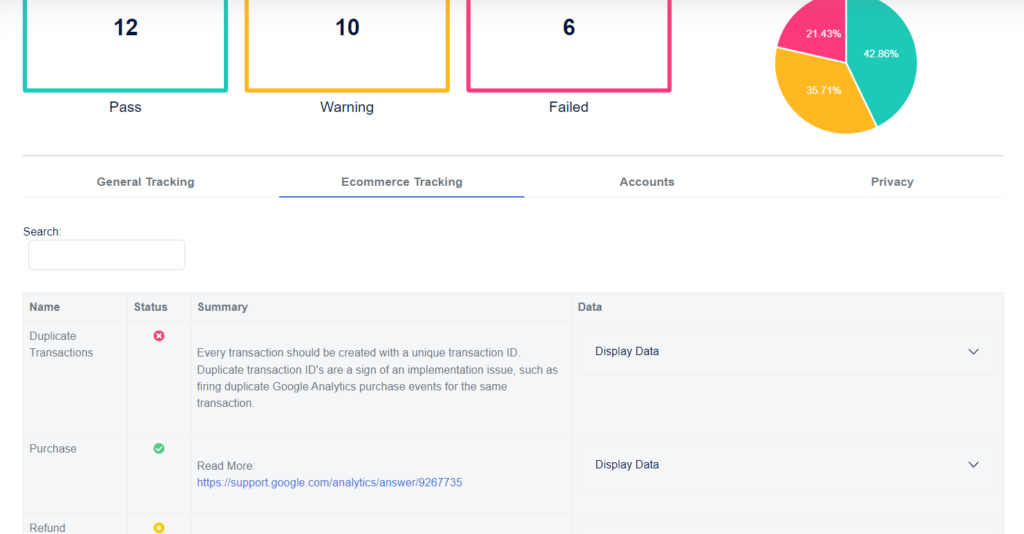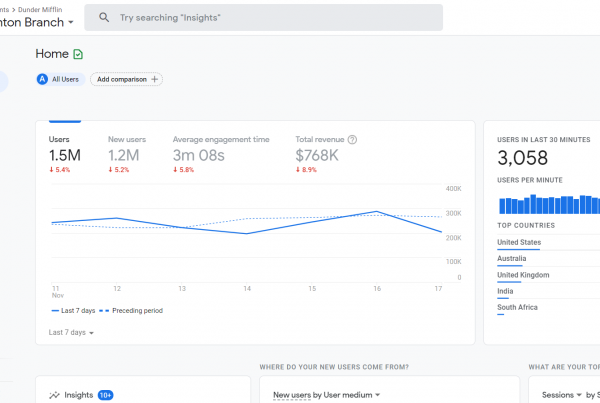Digital marketing involves using marketing tactics that leverage digital technologies, such as websites, multiple digital marketing channel, social media, blogs, emails and more. If you are a business owner, chances are that having a digital marketing and technology strategy will help you manage and grow your business better faster. There can be many components of a digital strategy, depending on the type of business you have and many other factors. However, most companies should implement all the areas outlined in this article in order to be able to have the best chances of success, be being able to monitor, track, and improve their performance.

Website
Your small business website should be at the center of your marketing strategy, and most likely, the final destination of all your social media and advertising. A successful business website needs to be optimized to provide the necessary information, load quickly so your visitors don’t leave, take the necessary actions you want (fill out a form, purchase, etc.) and mobile-friendly.
- Content Management System (CMS) – This is what your website is built on. For this, we highly recommend using WordPress, which can be hosted almost anywhere very easily.
- Hosting – You’ll need to host or serve your website from a server. Some great places that have reasonable costs, will load your website quickly, and make it easy for you to host and manage your website are Cloudways, Amazon Lightsail, or WPengine.

Social Media
Social media is an excellent marketing tool for many small businesses, especially those that are actively using content to attract the attention of their target audience. Not only does posting links to your content on your social channels increase traffic to your website and blog, but using social media also gives you a way to communicate directly with your customers and potential customers. Make sure you sign up and claim your accounts here:
Advertising
Apart from setting up your social media accounts, you’ll need to setup or enable your social media marketing. You also need to setup your marketing accounts to be able to run your advertising campaigns:
- Facebook Business Manager – Make sure that you set this up under your own email so that you own this account, and then add your team or agency to it. Additionally, you can have an agency set all this up for you, and then add you to it as an admin, and you can change them to have access to manage your marketing.
- Twitter Ads – You’ll be able to enable this two weeks after you’ve setup your Twitter account.
- Google Ads – Make sure that you set this up under your own email so that you own this account, and then add your team or agency to it. Additionally, you can have an agency set all this up for you, and then add you to it as an admin, and you can change them to have access to manage your marketing.

Analytics and Optimization
The goal is to turn data into information, and information into insight. This is what is done when businesses include analytics in their business, using their data to make informed decisions to improve their performance. Do NOT run any advertising campaigns without setting up the following:
- Google Analytics – This will track the visitors that land on your website, see what pages they visit, your audience breakdown (age, gender, location), track form fills and/or purchases, and so much more.
- Google Tag Manager – Think of this like a folder you add on your website once, and then you can add, edit, and remove pixels or scripts from all your marketing account (Facebook, Google Ads, Twitter, LinkedIn, etc).
- Google Data Studio – This is a great data visualization tool that allows you to connect your marketing accounts and import the data to build dashboards to be able to easily monitor your business performance.
- Hotjar – Once you are getting some traffic to your site, Hotjar is a great thing to install because it gives you some information about your visitors that Google Analytics doesn’t. This would show you how your visitors interact with your website, how far down do the scroll to give you some insights on where you’re losing your audience, and much more.
Free Google Analytics Audits
We partner with Optimo Analytics to get free and automated Google Analytics audits to find issues or areas of improvement in you GA property.





